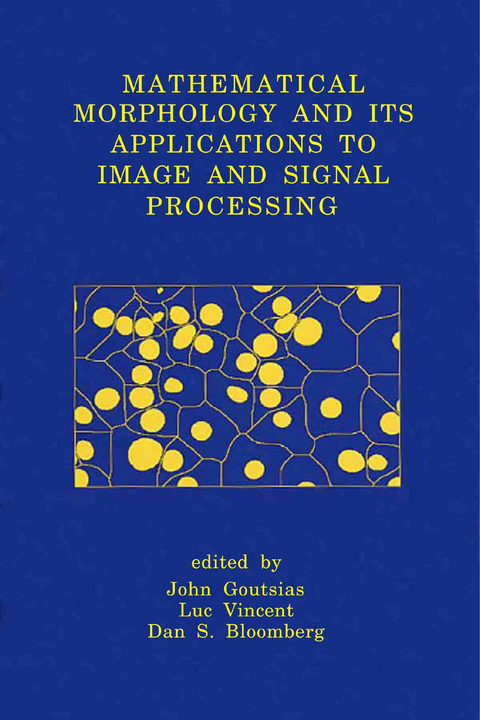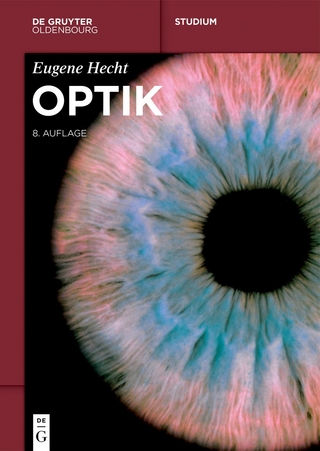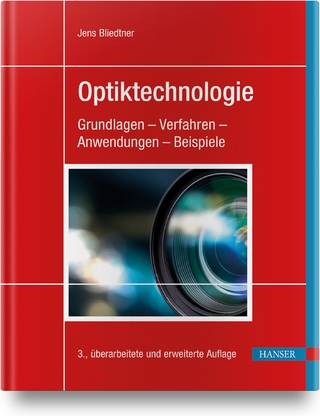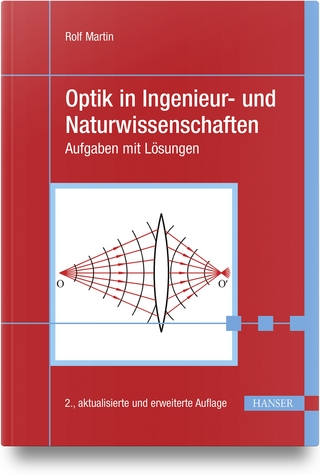
Mathematical Morphology and Its Applications to Image and Signal Processing
Springer (Verlag)
978-0-7923-7862-4 (ISBN)
Mathematical morphology is a powerful methodology for the processing and analysis of geometric structure in signals and images. This book contains the proceedings of the fifth International Symposium on Mathematical Morphology and its Applications to Image and Signal Processing, held June 26-28, 2000, at Xerox PARC, Palo Alto, California. It provides a broad sampling of the most recent theoretical and practical developments of mathematical morphology and its applications to image and signal processing. Areas covered include: decomposition of structuring functions and morphological operators, morphological discretization, filtering, connectivity and connected operators, morphological shape analysis and interpolation, texture analysis, morphological segmentation, morphological multiresolution techniques and scale-spaces, and morphological algorithms and applications.
Audience: The subject matter of this volume will be of interest to electrical engineers, computer scientists, and mathematicians whose research work is focused on the theoretical and practical aspects of nonlinear signal and image processing. It will also be of interest to those working in computer vision, applied mathematics, and computer graphics.
Theory.- A Morphological View on Traditional Signal Processing.- From the Sup-Decomposition to A Sequential Decomposition.- Decomposition of Separable Concave Structuring Functions.- Minkowski Sum Volume Minimization for Convex Polyhedra.- Topological Properties of Hausdorff Discretizations.- Vectorial Levelings and Flattenings.- Shape Analysis and Interpolation.- A Morphological Interpolation Approach — Geodesic Set Definition in Case of Empty Intersection.- The Morphological-Affine Object Deformation.- Affine Invariant Mathematical Morphology Applied to A Generic Shape Recognition Algorithm.- Filtering.- Folding Induced Self-Dual Filters.- Flexible Linear Openings and Closings.- Some Applications of Aperture Filters.- GA Optimisation of Multidimensional Grey-Scale Soft Morphological Filters with Applications in Archive Film Restoration.- Connectivity and Connected Operators.- New Insight on Digital Topology.- Approximate Connectivity and Mathematical Morphology.- Multiresolution Connectivity: An Axiomatic Approach.- Connected Operators Based on Region-Tree Pruning.- Segmentation.- Image Segmentation Based on the Derivative of the Morphological Profile.- Flooding and Segmentation.- A Morphological Multi-Scale Gradient for Color Image Segmentation.- Automatic Watershed Segmentation of Color Images.- Motion Segmentation Using Seeded Region Growing.- A Segmentation Pyramid for the Interactive Segmentation of 3-D Images and Video Sequences.- Partition Lattice Operators for Extraction of Semantic Video Objects.- Texture Analysis.- Morphological Granulometric Deconstruction.- Surface Texture Classification from Morphological Transformations.- Content Dependent Image Sampling Using Mathematical Morphology: Application to Mipmapping.- Multiresolution Techniques andScale-Spaces.- Morphological Pyramids and Wavelets Based on the Quincunx Lattice.- Morphological Scale-Space Operators: An Algebraic Framework.- An Idempotent Scale-Space Approach for Morphological Segmentation.- A Lattice Control Model of Fuzzy Dynamical Systems in State-Space.- Algorithms.- Efficient Dilation, Erosion, Opening and Closing Algorithms.- Fast Morphological Attribute Operations Using Tarjan’s Union-Find Algorithm.- A Change Detector Based on Level Sets.- A General Algorithm for Computing Distance Transforms in Linear Time.- The Ordered Queue and the Optimality of the Watershed Approaches.- Discrete 3D Wave Propagation for Computing Morphological Operations from Surface Patches and Unorganized Points.- Applications.- Two-Stage Lossy/Lossless Compression of Grayscale Document Images.- Boosting OCR Classifier by Optimal Edge Noise Filtering.- Morphological Bank Check Logo Segmentation With Few A Prior Knowledge.- Morphological Pseudo Convex Hull to Correct Handwriting Baseline skew.- Morphological Segmentation of Text and Figures in Renaissance Books (XVI Century).- Application of Mathematical Morphology and Markov Random Field Theory to the Automatic Extraction of Linear Features in Airborne Images.- Testing Some Morphological Approaches to Face Localization.- Quantitative Description of Telecommunication Networks by Simulation.
| Reihe/Serie | Computational Imaging and Vision ; 18 |
|---|---|
| Zusatzinfo | X, 446 p. |
| Verlagsort | Dordrecht |
| Sprache | englisch |
| Maße | 156 x 234 mm |
| Themenwelt | Naturwissenschaften ► Physik / Astronomie ► Optik |
| Technik ► Elektrotechnik / Energietechnik | |
| ISBN-10 | 0-7923-7862-8 / 0792378628 |
| ISBN-13 | 978-0-7923-7862-4 / 9780792378624 |
| Zustand | Neuware |
| Informationen gemäß Produktsicherheitsverordnung (GPSR) | |
| Haben Sie eine Frage zum Produkt? |
aus dem Bereich


